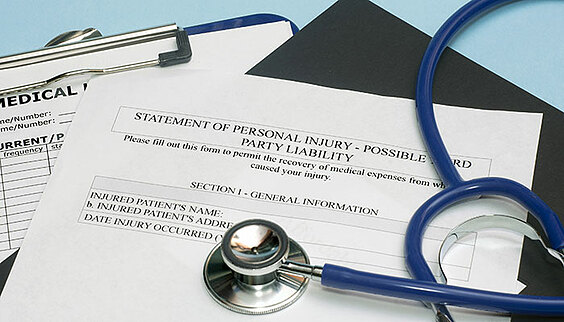
If you’re injured at work, you shouldn’t have to fret. Workers’ compensation laws are there to keep you secure. The specifics of these laws vary from state to state, but the general aim is to provide you with compensation for lost wages and medical expenses as you recover from your injury.
So, if you’re injured while working in New York, what are your rights?
Of course, you have a right to seek medical attention from a doctor or similar professional. And if that physician clears you to return to your job, you have the right to do so.
You have the right to file a workers’ compensation claim, but you should also aim to provide a written statement about your injury to your employer within 30 days of the incident.
You typically have the right to appeal any decision your employer or workers’ compensation office reaches.
Throughout your entire pursuit of workers compensation, you have the right to representation by a lawyer. A lawyer can help you navigate the legal ins and outs of the process.
You also have the right to refuse an employer’s attempts to coerce you to use your own health insurance or drop the workers’ compensation claim. It’s illegal for your employer to harass you over your decisions regarding workers compensation collection.
You typically can’t sue an employer who offers workers’ compensation, unless your injury was a direct result of their intentional actions. For example, if an employer physically harms you, you can, of course, pursue a personal injury claim. However, depending on the specific circumstances, you might have the right to sue a third party for negligence. You can typically sue for any injuries listed in New York’s workers compensation laws. These injuries include, but aren’t limited to, permanent disfigurement, blindness and deafness. You also have the right to sue a third party (such as a property owner) due to scaffolding accidents in New York.
If an injury meets the threshold of “grave injury”, the third-party defendant may implead (or sue) the employer and seek contribution from the employer. However, the employee cannot sue them directly.
